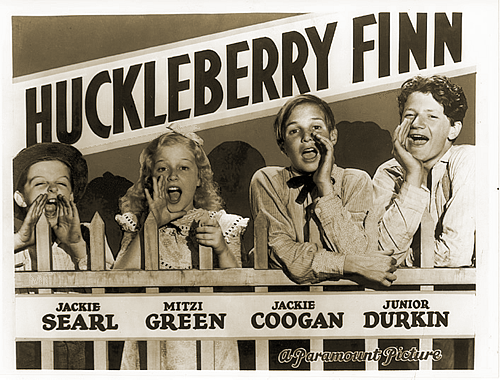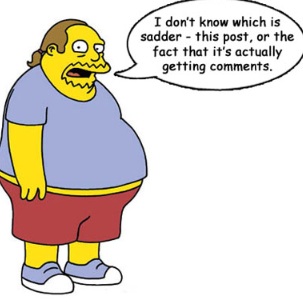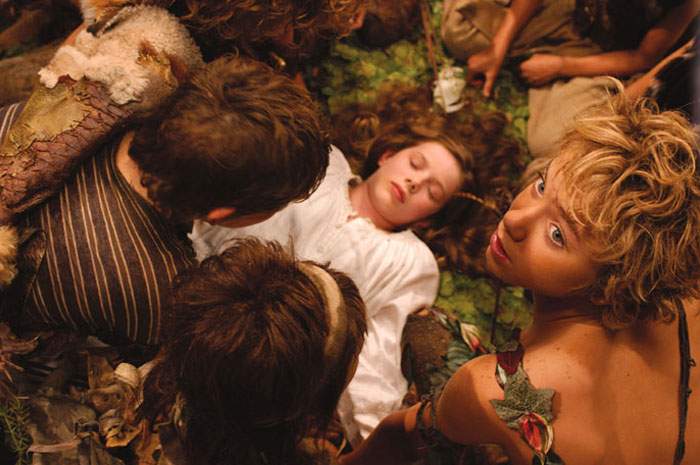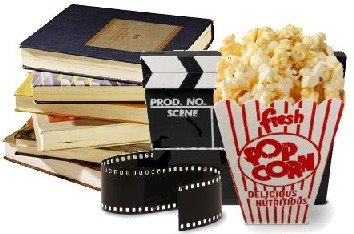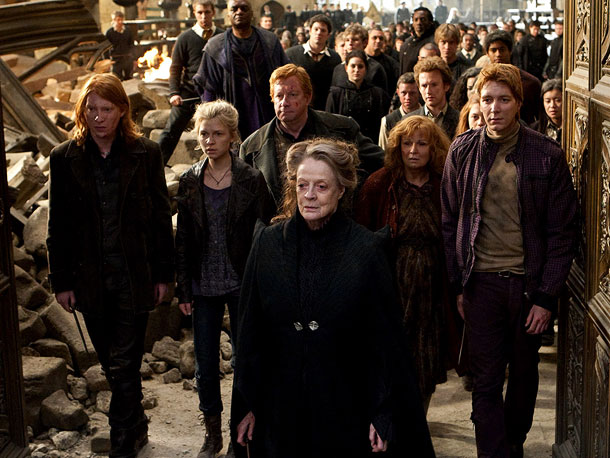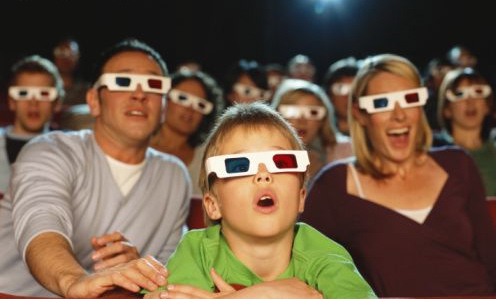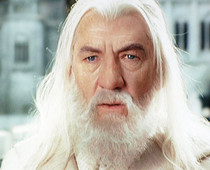
Book Review- The Wimpy Kid Movie Diary
You never know what you’re going to get when you purchase a book that ties into the release of a film that purports to be a diary or some other kind of making of chronicle. Some I flip through are quite flimsy (like alleged shooting scripts with too many photos and goofy formatting), some are quite great (like the Hugo companion). Usually, the book being written by the author of the adapted book is a good indicator.
Thus, what surprised me most about Jeff Kinney’s book about The Diary of a Wimpy Kid wasn’t that I liked it (though I have not read the books, only saw the films) but how detailed it is, yet also accessible. Kinney describes much of the filmmaking process through all three phases of production simply yet precisely. However, aside from tricks of the trade, he also makes the journey personal discussing both his journey with the character and the books and then the films. He goes on to include a bit about the affinity and coincidences in chronology that exist between Gregg Heffley and Zachary Gordon, the actor who plays the role.
Here again you also have another author discuss why changes were made to the narrative when transcribing it to the screen and being fully in support of them. However, Kinney has perhaps the simplest, most bulletproof fanboy block of them all “If everything that happened in the book happened in the movie why would you want to see it?” He also talks about the difficulty in casting Gregg because he recognized that the character had to start as severely flawed but still likable and I believe that balance was struck.
Aside from the specifics of the productions, which prove that movie-making is always hard work (as if that needed proving) I really liked getting a glimpse into the creative process, which is shown not just on Kinney’s part but the first film’s director and the young cast (Gordon and Robert Capron wrote essays as their characters, which are dead on). Aside from the insight that illustrate how the film came into being I think this really is a great book for kids. If they already like the series and are interested in seeing how movies are made you won’t find the elements of production explained more directly, plus discussing concepts in conjunction with a film they’ve seen make it easier to learn.
This is a quick, enjoyable read that is worth seeking out for fans of the series or if you’re just looking to get your feet wet learning the basics of filmmaking. The edition I read had some Rodrick Rules content added but it wasn’t a significant amount so I wouldn’t hold out for a second update and just get it now if you’re interested.
